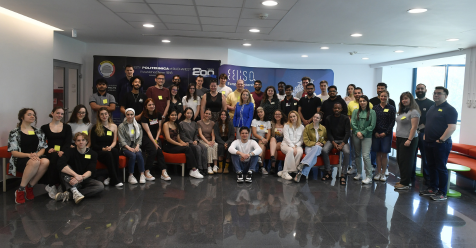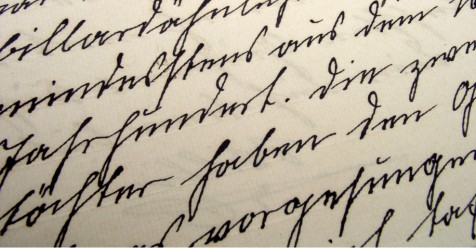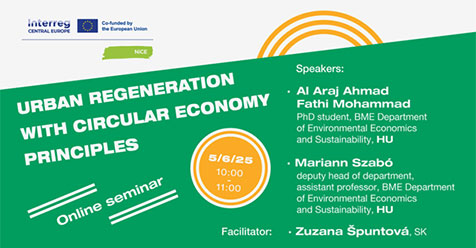EELISA Scientific Student Competition 2024
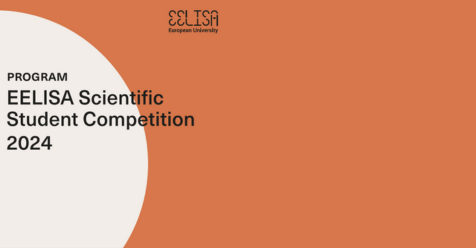
According to the participants, the second round of the EELISA Scientific Student Competition held at the University of Technology and Economics was also an excellent networking event.
“Fifty years ago, me and five of my companions took part in the Hungarian equivalent of this competition, called TDK. We didn’t win anything, and this decision was not unfair. It was just wrong'” – with this joke Professor András Pataricza, co-chair of the organising committee, opened the awards ceremony of the EELISA Scientific Student Competition held in Budapest. It is no coincidence that he began his speech by mentioning the long-standing TDK – the initiators of the international event should aspire to achieve similar success.
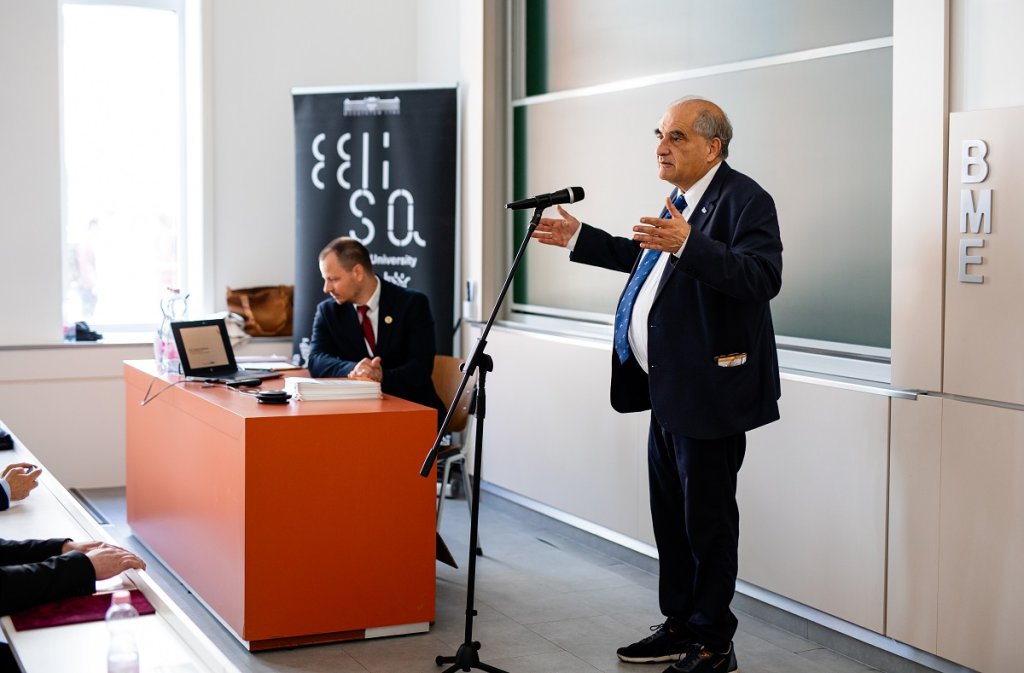
The echo of the second EELISA SSC, now organised by the initiator, Budapest University of Technology and Economics (BME), suggests that it has a good chance of becoming a tradition. Not only because, compared to the first competition in Pisa, Italy, almost twice as many entries – more than 140 – were found by the pre-screening experts worthy of judging. Not least because, at the awards ceremony, EELISA President Dale A. Martin expressed his satisfaction with the quality of the research presented. But also because it is clear that a competition based on the Hungarian TDK has a place and a function in this community.
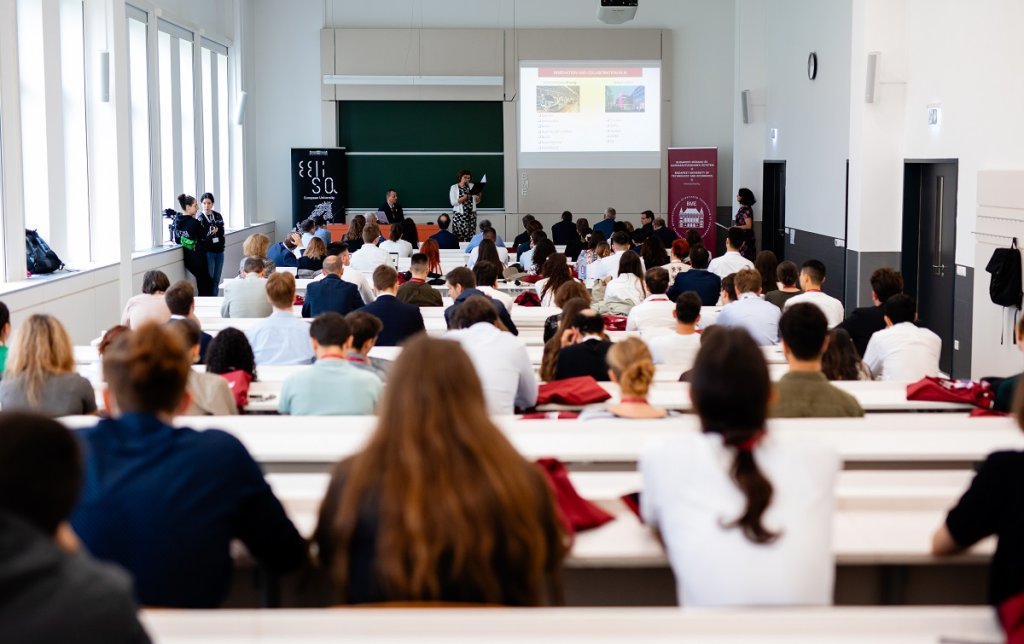
This is what András Pataricza said when asked to briefly assess the experience of the event, notoriously moved to the Infopark Q building at the last minute due to the temporary closure of the central building of BME.
“There’s a saying in Hungary, ‘TDK is eternal’, and it’s true, this is something loved and appreciated by everyone for over 70 years, regardless of regimes and governments. It carries a value that is unique in the whole of Europe and the current initiative is a first attempt to internationalise it. There are still differences, of course, as the long-established requirements for TDK cannot all be applied yet, with different countries having different practices. There were, for example, some papers that were really valuable from an engineering point of view and would certainly have won a prize in an innovation competition, but scientifically were not outstanding,” the professor said.
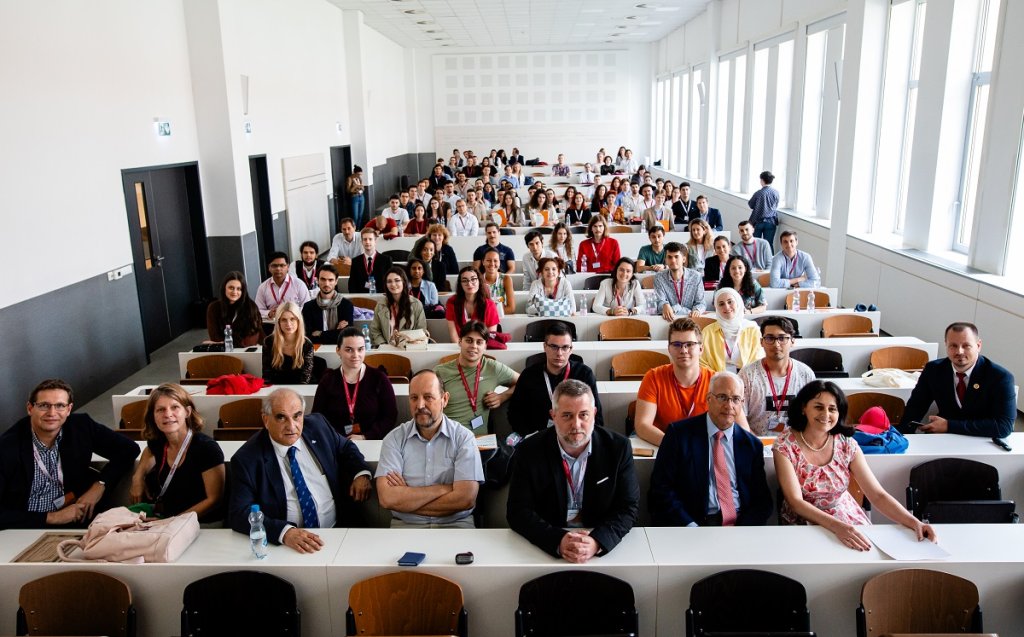
Overall, he said, it turned out that there were lots of equally good works coming from the international EELISA partners and they could be integrated in a natural way. There was a fairly even balance in the quality and even in the list of institutions of award winning students, although there was no sign of deliberate balancing in the judging. “And it is also important for our university that these foreign students went home having been shown the BME, Budapest and the technical culture of Hungary. Just as the performance of our own students is the best advertisement for our university, the foreign students will carry our good reputation,” he added.
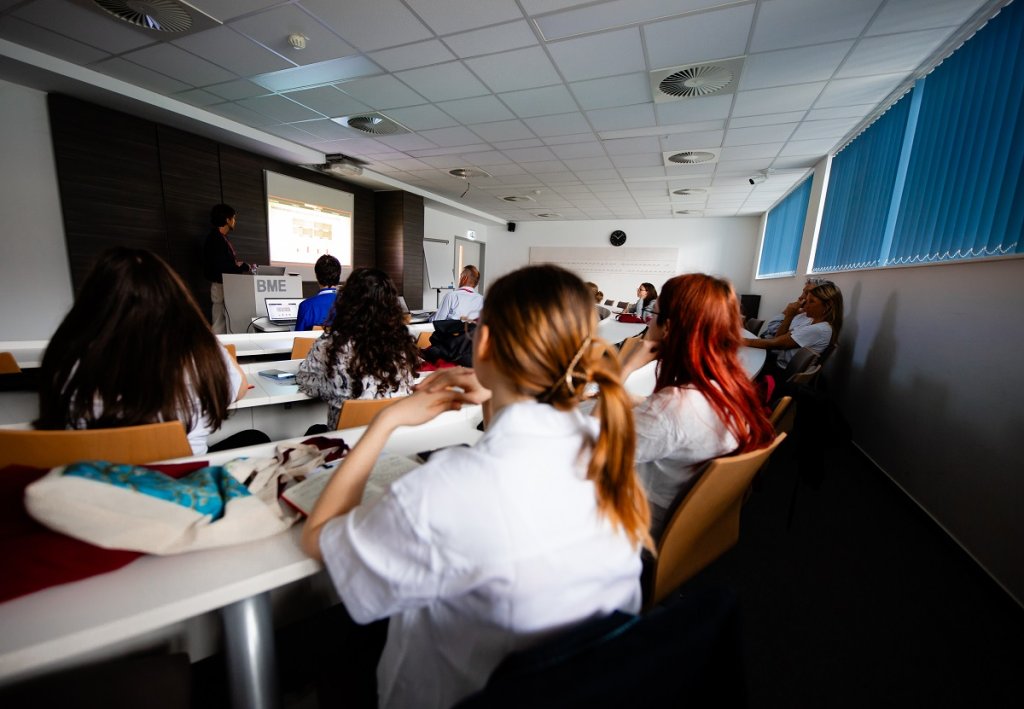
At the EELISA Scientific Student Competition GTK students also did well in the sections that fit the GTK profile:
Section of „Social sciences 1.” (7 papers):
1. prize: Nuofan Gao – Scuola Superiore Sant’Anna (SSSA)
2. prize: Leonardo Ricci – SSSA
Special award – innovation: Rita Ladjánszky – BME
Special award – social impact: Lilla Harangozó – BME
Section of „Social sciences 2.” (8 papers):
1. prize: Pawan Kumar – BME
2. prize: Rosario Carretero Casado – Universidad Politécnica de Madrid (UPM)
3. prize: Alessandro Valfrè – SSSA
Special award – interdisciplinary approach: Guillermo Cruz Pinto – UPM
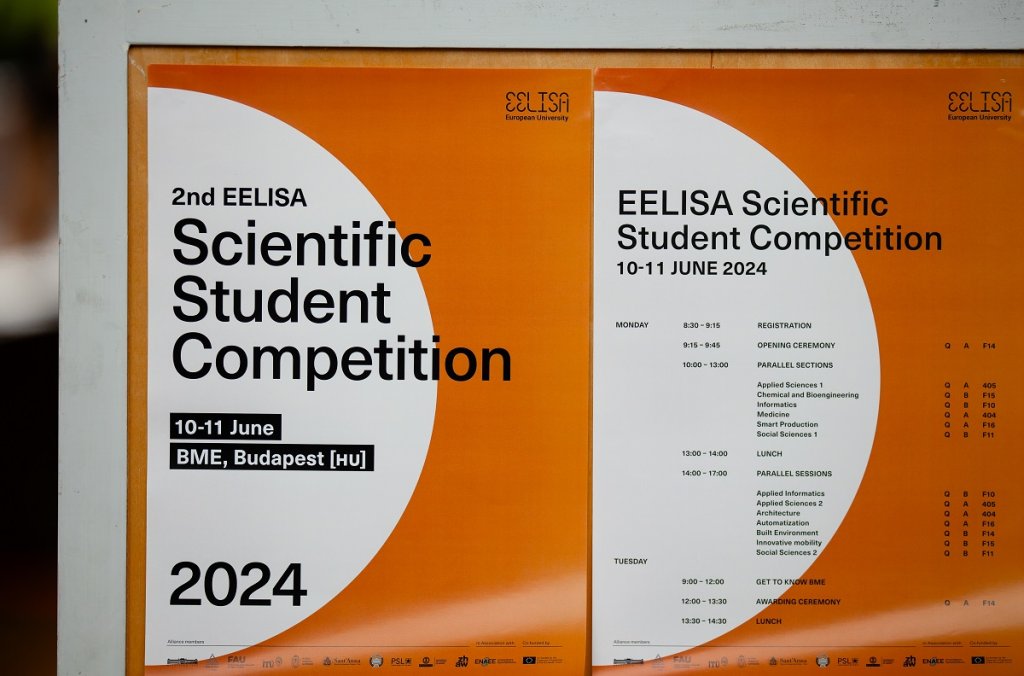
The complete article can be read here.
The programme guide of the event can be found here.
